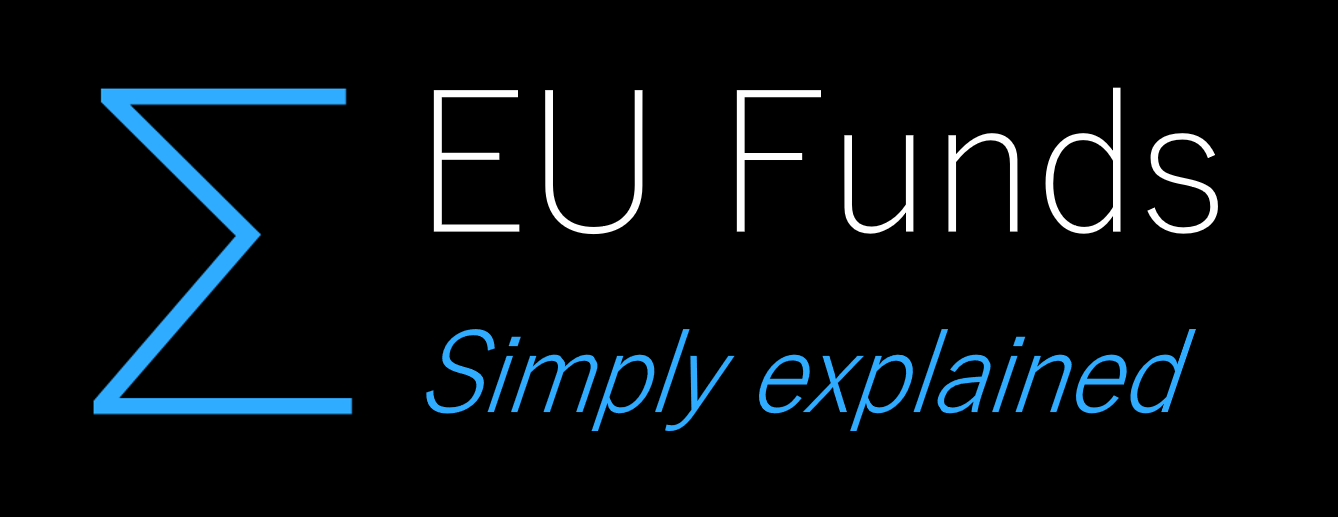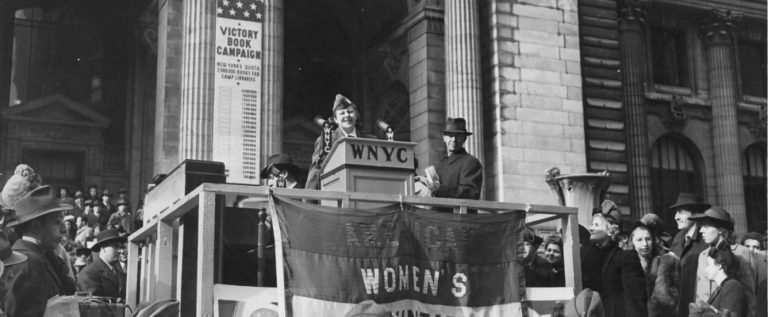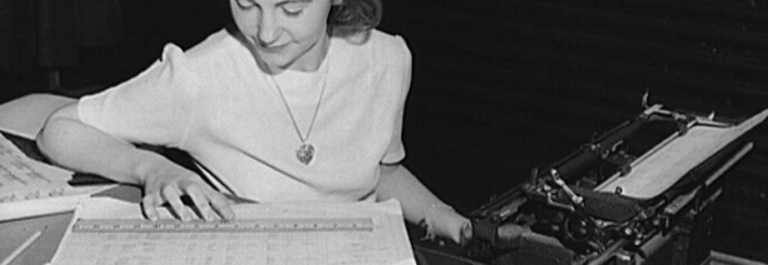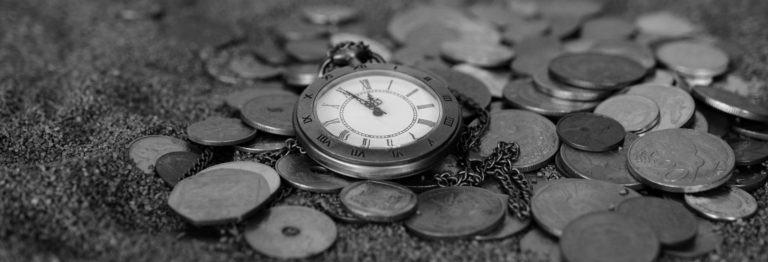The main steps of an EU project depend on the call and on the program. Some calls have rather long and complex processes whereas other shorter. In this case we will take the example of a Horizon Europe project, as this is the most common one.
Participating in a EU project involves 13 main steps:
- Idea: You develop the idea of your project that you would like to submit. The idea is often developed within a consortium.
- Call for proposals opens: The Funding & Tenders portal of the European Commission opens the call for proposals. The consortium now works intensively on the proposal.
- Deadline for submission: This is the last day on which you can submit your proposal of the Funding & Tenders portal. Afterwards, it won’t be possible anymore. The preparation period can last between 6 and 12 months on average.
- Outcome of the evaluation: Through the Funding & Tenders portal, you will be informed if your proposal has been funded or not. The success rate can vary significantly from one call to the other. The evaluation period can last up to 5 months.
- Preparation of the Grant Agreement: The consortium and mainly the coordinator is preparing with the European Commission the Grant Agreement through the Funding & Tenders portal. This period can last up to 3 months.
- Signature of the Grant Agreement: All beneficiaries are invited to sign the Grant Agreement.
- Payment of the pre-financing: The coordinator of the project will receive the pre-financing from the European Commission. The amount is defined in the Grant Agreement and is usually between 60-80% of the total grant amount.
- Project launch: It is the first day where the consortium officially starts to work on the project and report costs. It is usually the first day of the month following the signature of the Grant Agreement.
- Project execution and reporting: The project execution can last between 12-60 months on average and can contain various reporting periods.
- Project end: This is the last day the consortium can officially work on the project and report costs.
- Audit: For Horizon Europe projects, if the beneficiary received more than 430.000€ of grant, it will have to pass through a CFS audit.
- Final reporting: 60 days after the last day of the project, the consortium has to submit through the Funding & Tenders portal all pending deliverables, financial statements, and certificates of CFS audits if requested.
- Payment of the final balance: The European Commission will revise the performance as well as the financial reports and eventually reduce the grant if obligations have not been made. This is the case for under-performance or ineligibility of costs. After this done, the European Commission will pay to the coordinator the payment of the balance and the Mutual Insurance Mechanism.













